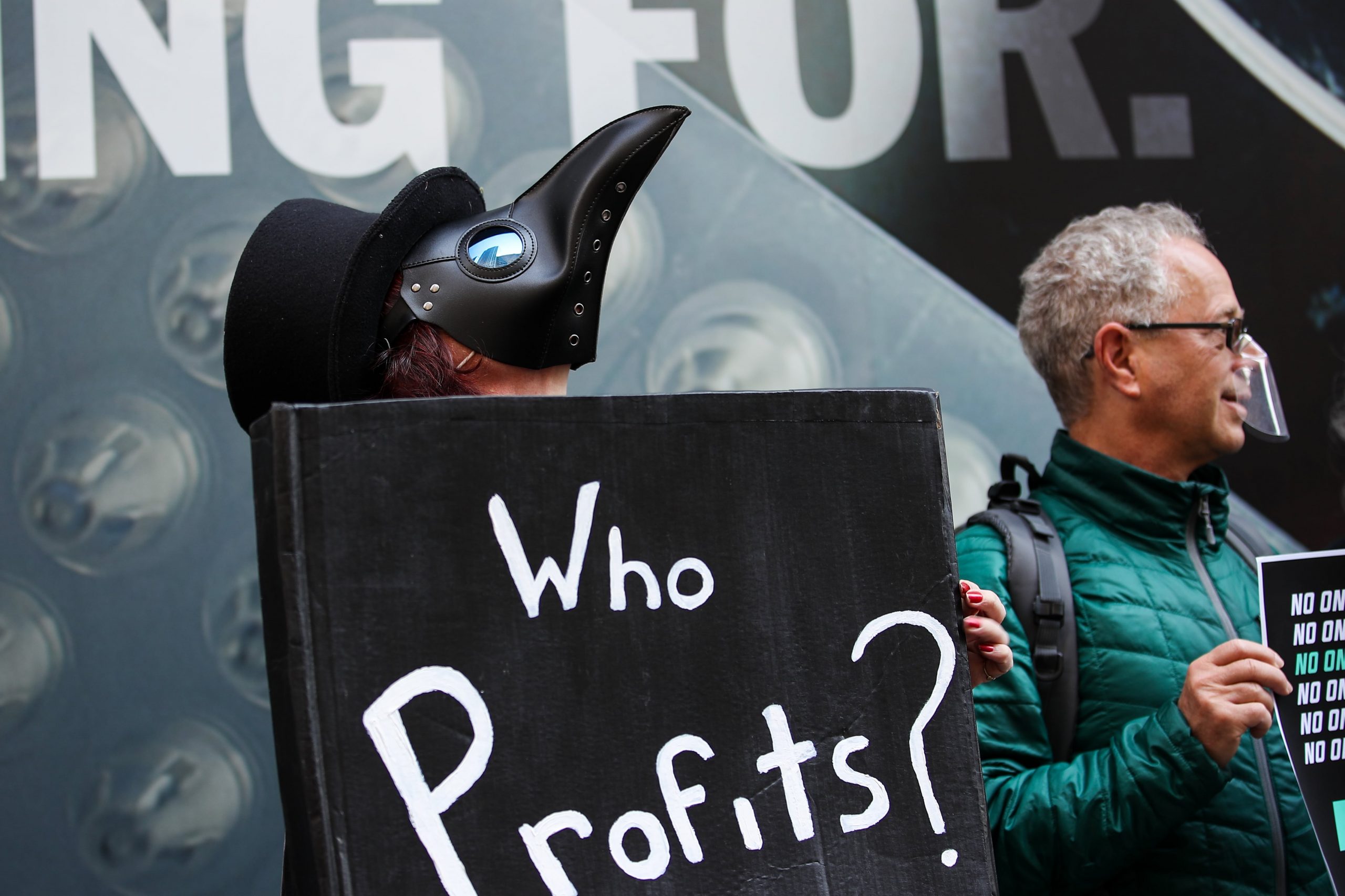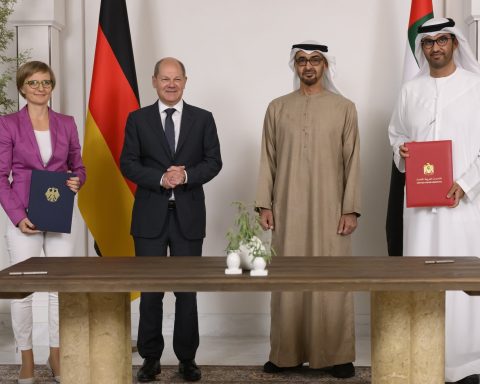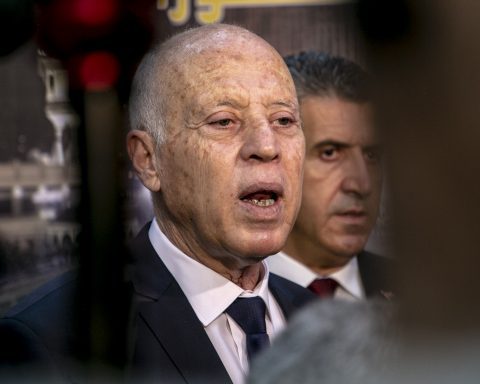In the latest pandemic travel trend, Mark Machin took a break as head of the Canada Pension Plan Investment Board in February, which is the country’s leading pension fund and the searing Ontario winter to relish a vacation in the United Arab Emirates.
The country stipulates a beach retreat to sightseers that could confirm that they are COVID-free. However, it turned out that Machin reached for more than just some rest and leisure and he was pursuing the elusive COVID-19 injection, which has hit extensive delays in his own country.
Although he thrived, it is uncertain how a British citizen got a vaccine intended only for Emirati citizens. His resignation came soon after.
Machin is not the only one pursuing this trend. Previously this year, businesspersons, politicians, and royalties inclined upon the UAE as well as well-connected contacts to secure them with access to the vaccine.
Recently, it was decided that only senior officials and royalties can protect exceptions for non-residents, a spokeperson told the Financial Times. Later, this was defined as vaccine wasta, or using one’s cuff to obtain a jab.
Obtainers of such wasta include British financier Ben Goldsmith, SoftBank executives with Vision Fund head Rajeev Misra and Claudio Descalzi, the chief of Italian energy company Eni.
Hakluyt & Co. never wanted to be the 007 of consultative groups anymore as secrecy is essentially built into the company’s DNA.
The London-based secluded intelligence group, originated by a band of MI6 officers, has consumed the past 25 years nurturing a mysterious air of mystery on “what exactly is it that they do?”, which appeared to be the point.
Hakluyt & Co. is classic of a “this-tape-will-self-destruct-in-five-seconds” group that customers “lap up”, a detective at a rival company informed the Financial Times’ Tom Burgis.
At 34, Varun Chandra inserted the top job as one of the few components at the group. “I am brown, I did not go to one of those schools . . . so even me being in this role is indicative that this place does not care,” he said to the Financial Times.
The group is consisted of 85 per cent male workers and currently has no specific goals for ethnic mix; however, one of its aims is to interview as many women as men for open duties.
Hakluyt’s statuses embraced ex-lawyers, ex-bankers, and even some ex- Financial Times journalists. Ex-UK Treasury official Dan Rosenfield was a Hakluyt counsellor before becoming Prime Minister Boris Johnson’s chief of staff last year. Plus, naturally, there are still a few ex-intelligence administrators in the clutter. But only seven.
Underneath Varun Chandra, Hakluyt has rationalized its single-page website to a somewhat more vigorous manner, and, he said that he cannot consider any clients in the company have been “humiliating” to work with, in the seven years that he has been there.
NGOs are no more characteristic of the new Hakluyt, for example. (In 2001, The Sunday Times reported it had used a German-born agent to spy on Greenpeace.)
A cyber security task that has freshly landed other reserved intelligence groups in hot water solely are not a “Hakluyt-shaped problem”, says Chandra. But what is?
Hakluyt’s international advisory board specifies some evidence into its untold client slant tallying veterans of Unilever, Coca-Cola, Rolls-Royce, Tata, and UK intelligence hub GCHQ, and now that the advice-giving has unlocked its Silicon Valley office, there is no qualm that it is looking to involve itself in Big Tech.
Is Tiger Global purchasing the Valley?
Some might not be able to pick out Tiger Global Management founder Chase Coleman from a multitude of financial giants.
Yet, Silicon Valley insiders have indeed taken note of the $50bn worth group’s stifling pace of assets this year.
In January and February, the stock invested in one start-up around every two days, closely doubling its pace of investment from the equivalent period last year.
Coatue Management, a regular co-investor with Tiger Global, has also upped its stride by around half.
Undertaking capitalists told Financial Times’ Miles Kruppa that companies are equally commanding a spell of deal-making that has ameliorated push now toppy Silicon Valley estimates even higher.
“There is a tremendous amount of competition,” Arun Mathew, a partner at the venture capital group Accel, told Financial Times. “There is just so much capital in the market at all stages.”
One venture capitalist said that more active groups had resorted to preparing short slide decks, rather than fully-fledged investment memos, to underwrite their positions.
Investors do not seem ready to call a bubble in venture capital, at least compared to the skepticism brewing over blank-cheque companies, which have given billion-dollar valuations to moonshot ideas that had been rejected by more traditional backers.














